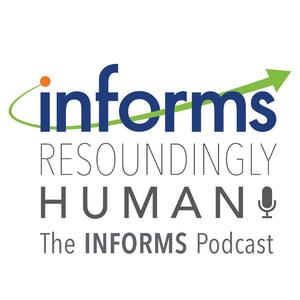
Over 15 million infants around the world are born prematurely each year and can experience health complications and lengthy hospitalizations as a result of underdevelopment and immature immune systems. One of the best resources for these babies can come from their mother’s breast milk, which has unique growth factors and nutritional qualities that can help combat a number of serious conditions that can impact premature infants. But for babies whose mothers may be unable to produce milk due to their baby’s premature birth, or have health conditions or medications that preclude breastfeeding, and a physician recommends breast milk as the…
Tags: breast milk, donor breast milk, infants, premature babies
Learn more
